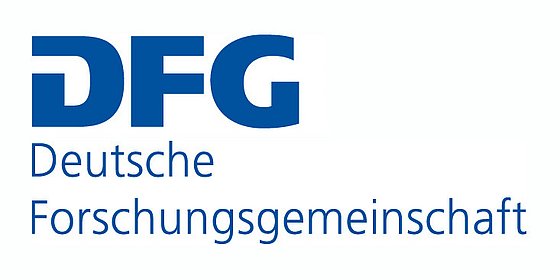
Smart control for safer roads: Development and testing of advanced adaptive cruise control systems
Summary
Stop-and-go waves in congested traffic flow cause drivers to alternately slow down and speed up, often without any obvious reason. This complex collective phenomenon has significant impacts on road safety, travel times, and environmental performance. Despite decades of research dating back to the 1950s, understanding and controlling stop-and-go waves remains a major challenge. Recent studies have shown that even modern Adaptive Cruise Control (ACC) systems are prone to instability under certain conditions.
This project aims to design robust ACC controllers using systems of differential equations that incorporate latency and noise—two key factors contributing to traffic instabilities. The performance and safety of these controllers are evaluated through a combination of theoretical stability analysis, numerical simulations, and experimental testing. The controllers are validated through large-scale experiments involving up to 40 miniature robotic vehicles operating on a high-precision experimental platform covering 4×4 meters. A digital twin of the platform supports rapid iteration and testing. In parallel, additional evaluation is conducted using a driving simulator based on the CARLA virtual reality platform, with a focus on safety-critical scenarios and human-in-the-loop testing.
Partners
Prof. Dr.-Ing. Dominik May - Bergische Universität Wuppertal
Dr.-Ing. Maik Boltes - Forschungszentrum Jülich
Funding
Funding amount
285k€
Duration
2025-2027
Preprints
- R. Korbmacher, D. Straub, A. Tordeux and C. Totzeck, "Emergent Cooperative Driving Strategies for Stop-and-Go Wave Mitigation via Multi-Agent Reinforcement Learning", arXiv preprint arXiv:2511.14378, 2025.
- R. Korbmacher, P. Khound, A. Tordeux and F. Gronwald, "Noise-Induced Stop-and-Go Traffic Dynamics: Modelling and Control", arXiv preprint arXiv:2512.04073, 2025.
- R. Korbmacher, P. Khound and A. Tordeux, "Understanding Collective Stability of ACC Systems: From Theory to Real-World Observations", arXiv preprint arXiv:2504.04530, 2025.
